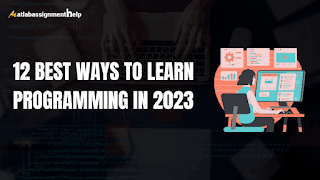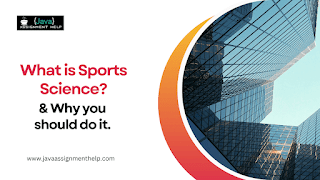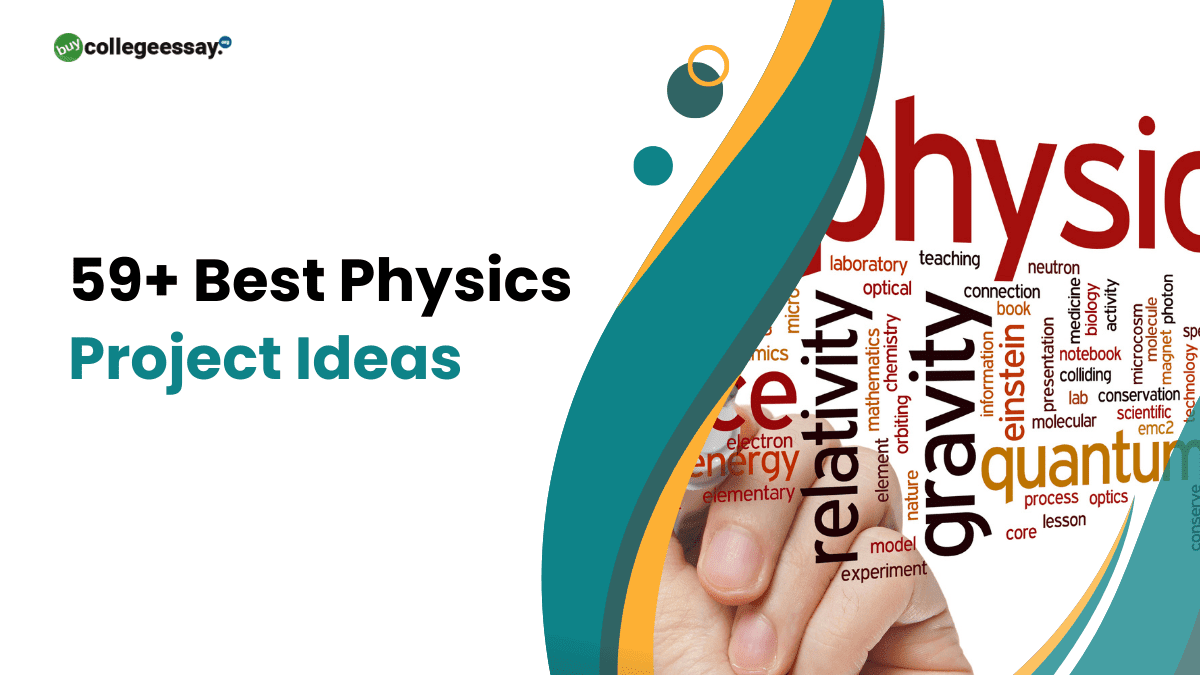12 best ways to learn programming in 2023
The best way to learn programming varies from person to person, so it's essential to find a learning method that suits your learning style and goals. Additionally, stay updated with the latest programming languages and technologies, as the field is constantly evolving. Happy coding!
What Is Programming?
Programming, also known as coding or software development, is the process of instructing a computer to perform a specific task or set of tasks by providing it with a sequence of instructions written in a programming language. These instructions, known as code, are created by programmers to solve various problems, automate tasks, manipulate data, and build software applications.
12 ways to learn programming
Here are the best 12 ways by which you can learn programming in 2023
Online Coding Courses:
Enroll in online coding courses offered by platforms like Coursera, edX, Udemy, and Pluralsight. These platforms offer a wide range of programming courses, from beginner to advanced levels.
Interactive Coding Platforms:
Use interactive coding platforms like Codecademy, LeetCode, HackerRank, or Exercism to practice coding in a hands-on manner.
Bootcamps:
Consider joining a coding bootcamp, either in-person or online. Bootcamps like General Assembly, Flatiron School, and Lambda School can provide intensive and structured learning experiences.
YouTube Tutorials:
There are numerous programming tutorial channels on YouTube that cover a wide range of languages and topics. Channels like Traversy Media, The Net Ninja, and The Coding Train are popular choices.
FreeCodeCamp:
FreeCodeCamp offers a free, comprehensive curriculum that covers HTML, CSS, JavaScript, and various web development topics. It's a great resource for beginners.
Books:
There are many excellent programming books available, such as "Eloquent JavaScript" by Marijn Haverbeke, "Python Crash Course" by Eric Matthes, and "Clean Code" by Robert C. Martin.
Online Forums and Communities:
Join programming forums like Stack Overflow, Reddit's r/learnprogramming, and GitHub to seek help, share knowledge, and collaborate with others.
Podcasts:
Listen to programming podcasts to stay updated with industry trends and gain insights from experienced developers. Some popular options include "Coding Blocks," "Developer Tea," and "Software Engineering Daily."
Project-Based Learning:
Build real projects to apply what you've learned. Start with small projects and gradually work your way up to more complex ones. GitHub is a great platform for hosting and sharing your projects.
Programming Challenges:
Solve coding challenges on platforms like Project Euler, Codeforces, and AtCoder to improve your problem-solving skills.
Online Coding Communities:
Join online communities like GitHub, GitLab, and Bitbucket to collaborate on open-source projects and gain practical experience.
College or University Courses:
If you're looking for a more formal education, consider enrolling in computer science or software engineering courses at a college or university. Many institutions also offer online degree programs.
Note: Also read this blog on matlab vs mathematics
Conlusion
In conclusion, programming is the art and science of instructing computers to perform specific tasks by writing code in programming languages. It involves algorithm design, problem-solving, debugging, and continuous learning. Programmers create a wide range of software applications, collaborate on projects, optimize code for efficiency, and prioritize security. Programming is a versatile and valuable skill in today's digital age, enabling innovation and problem-solving across numerous industries. It empowers individuals and organizations to harness the potential of technology and create solutions to complex challenges.



Comments
Post a Comment